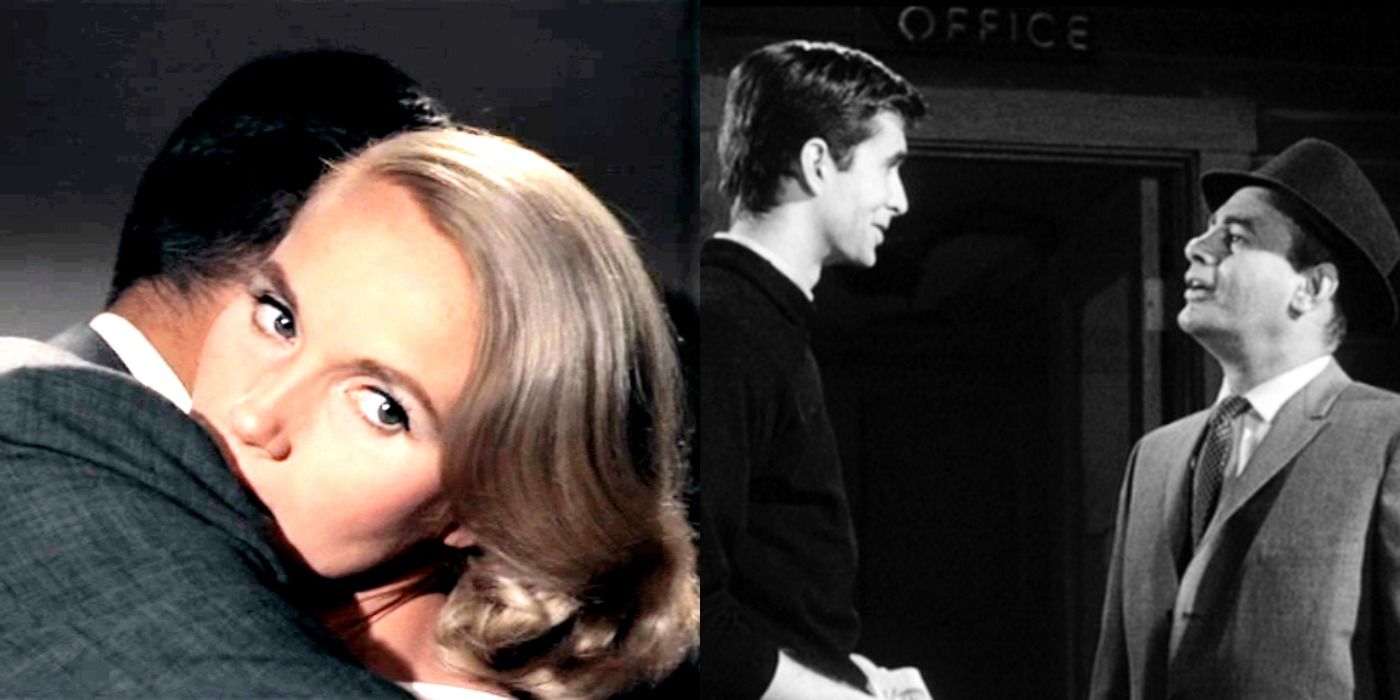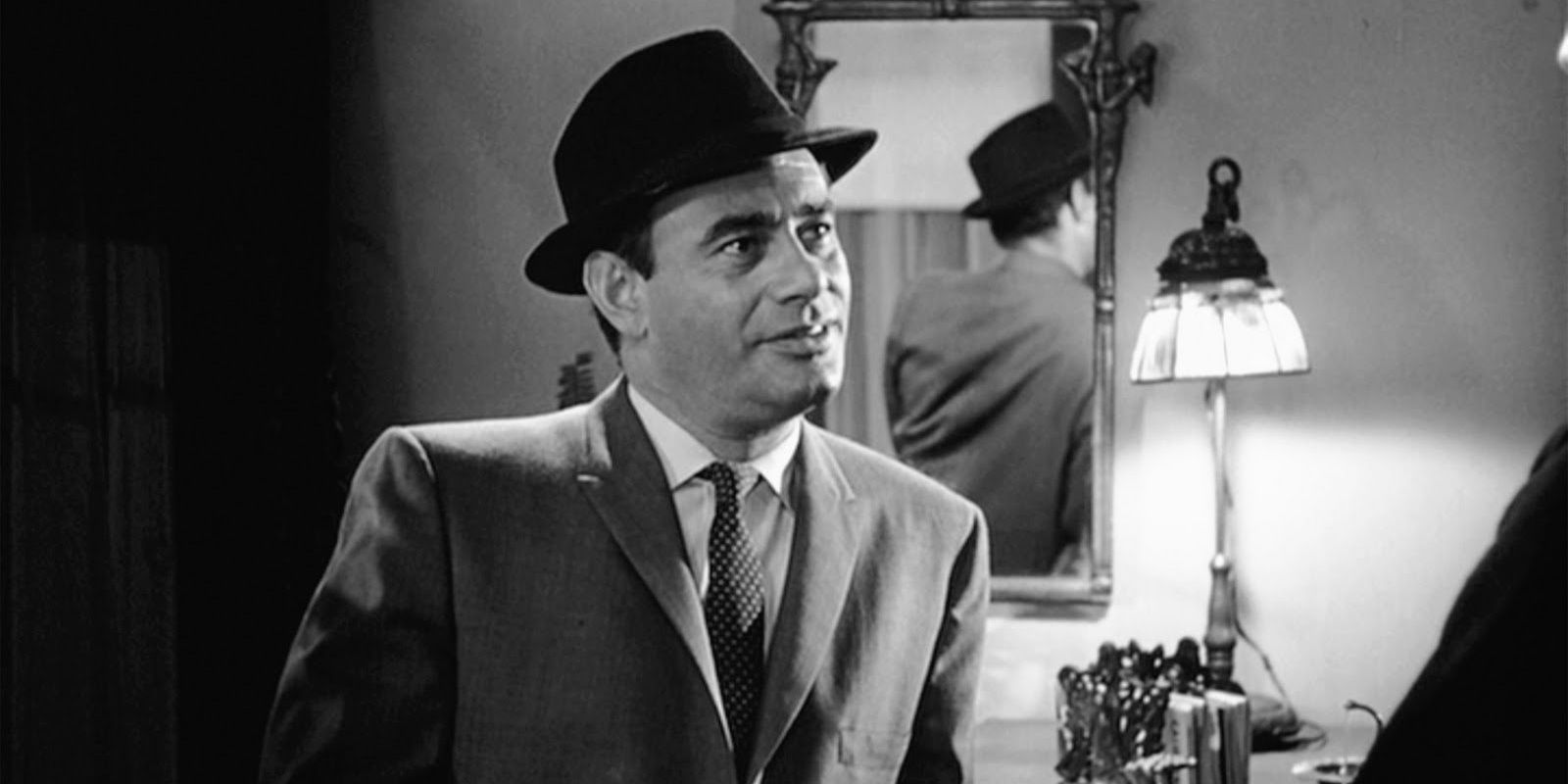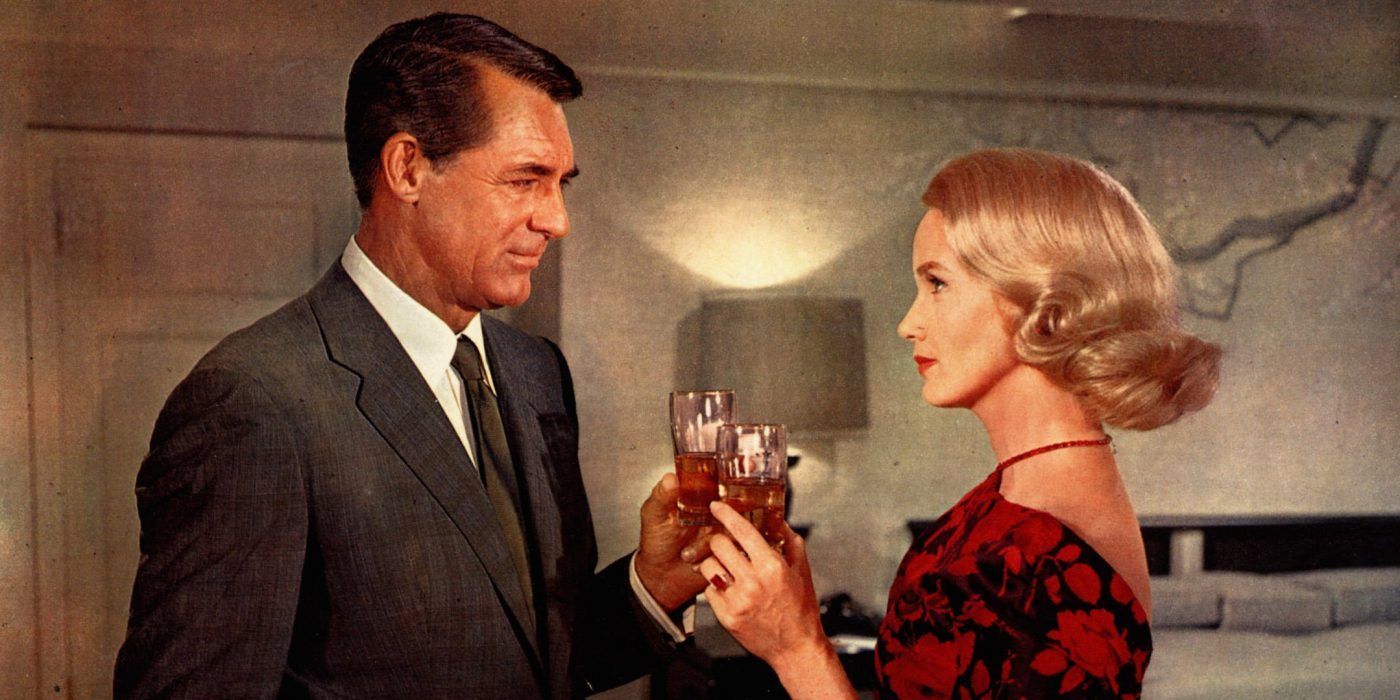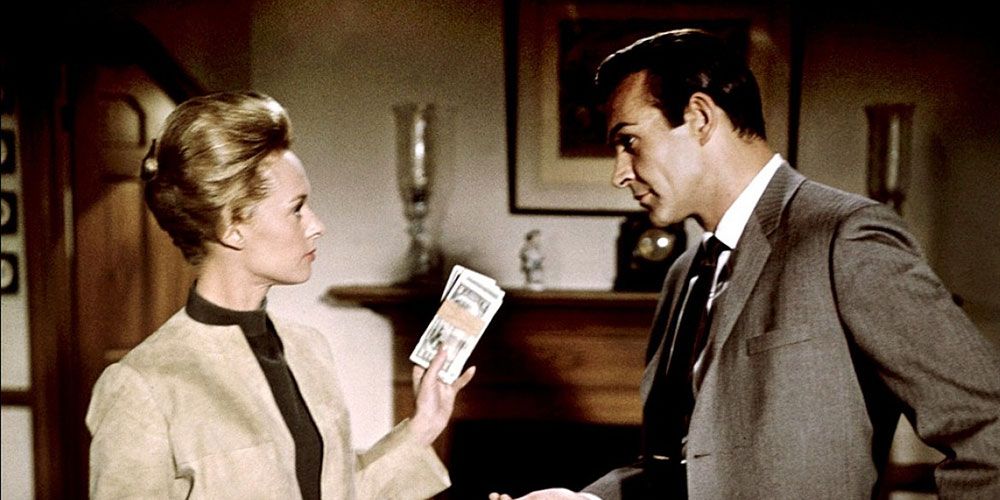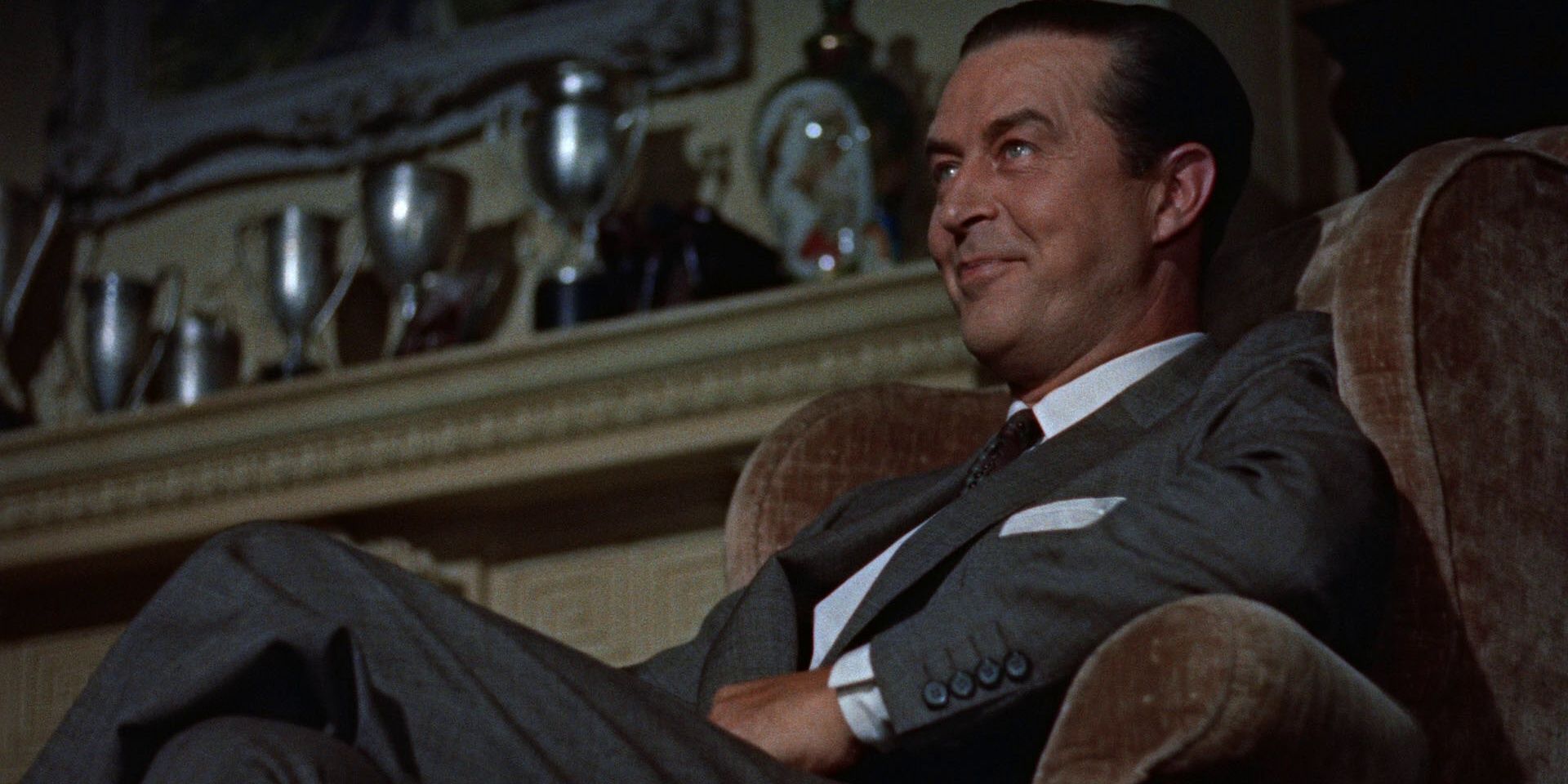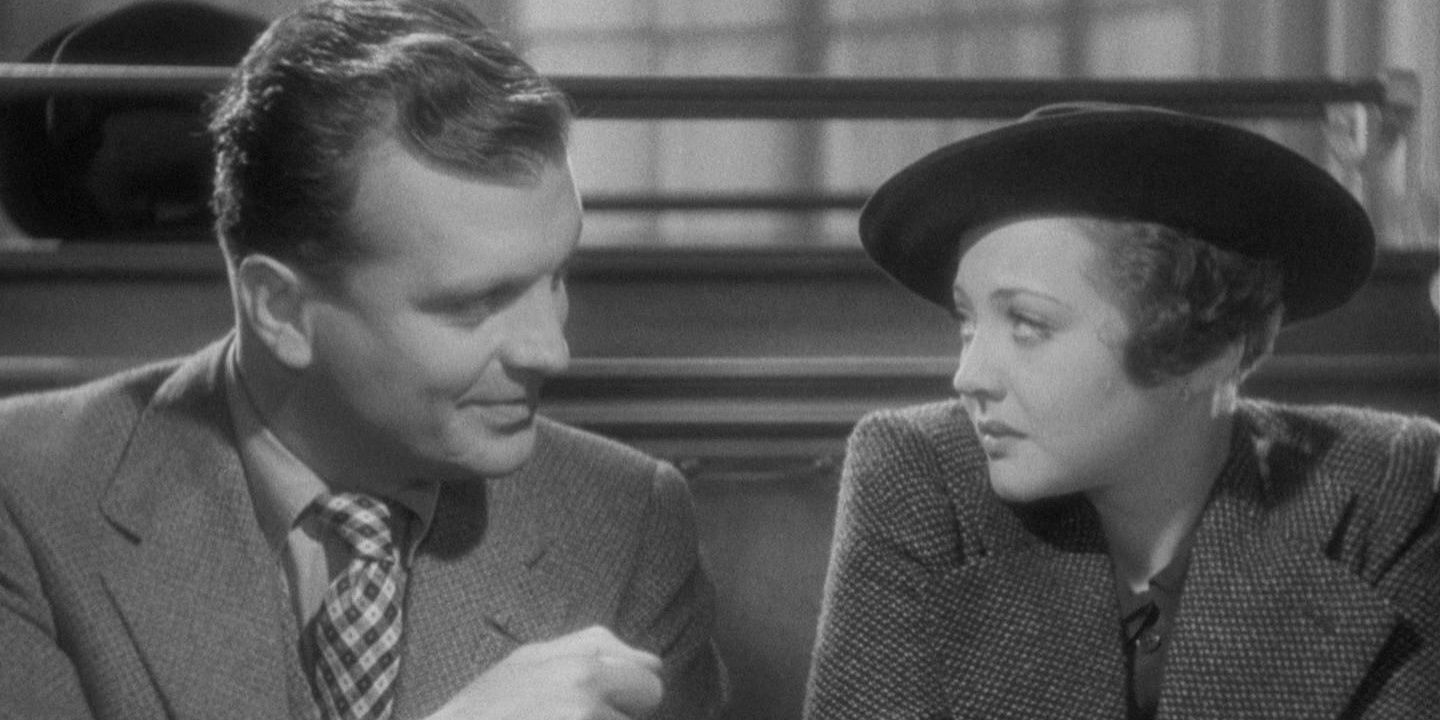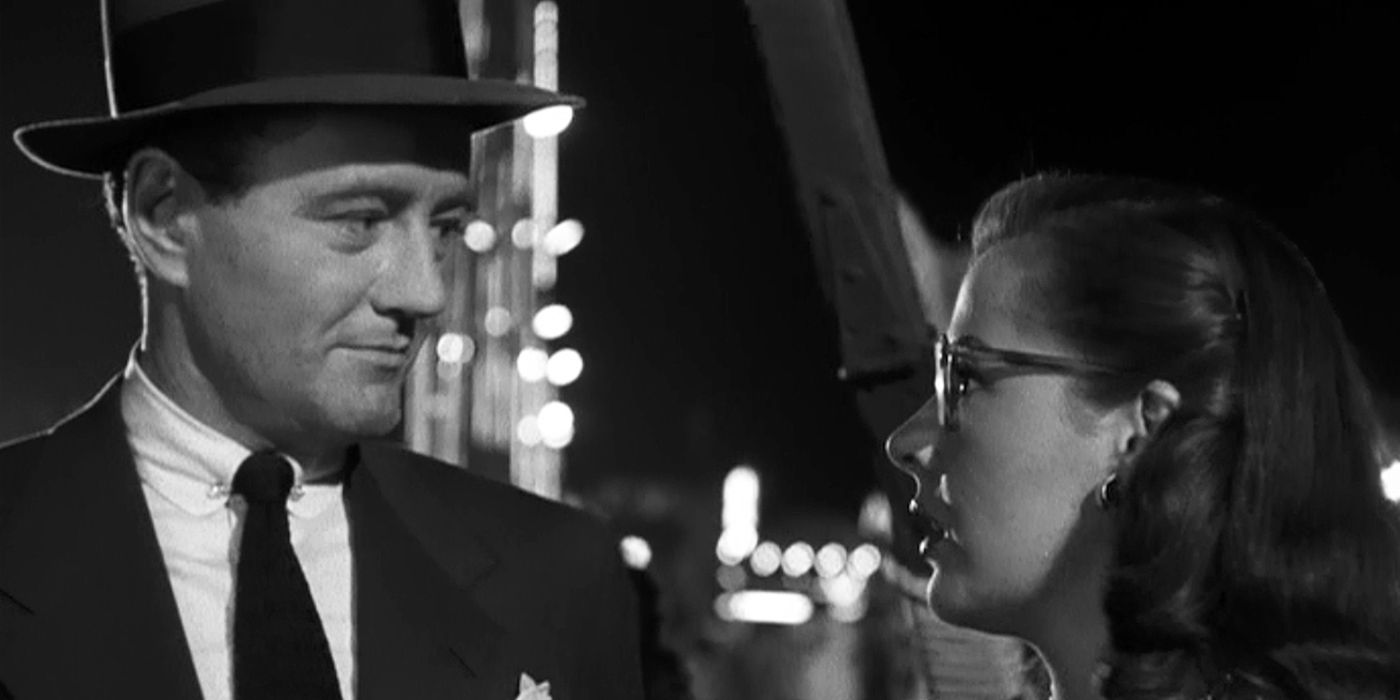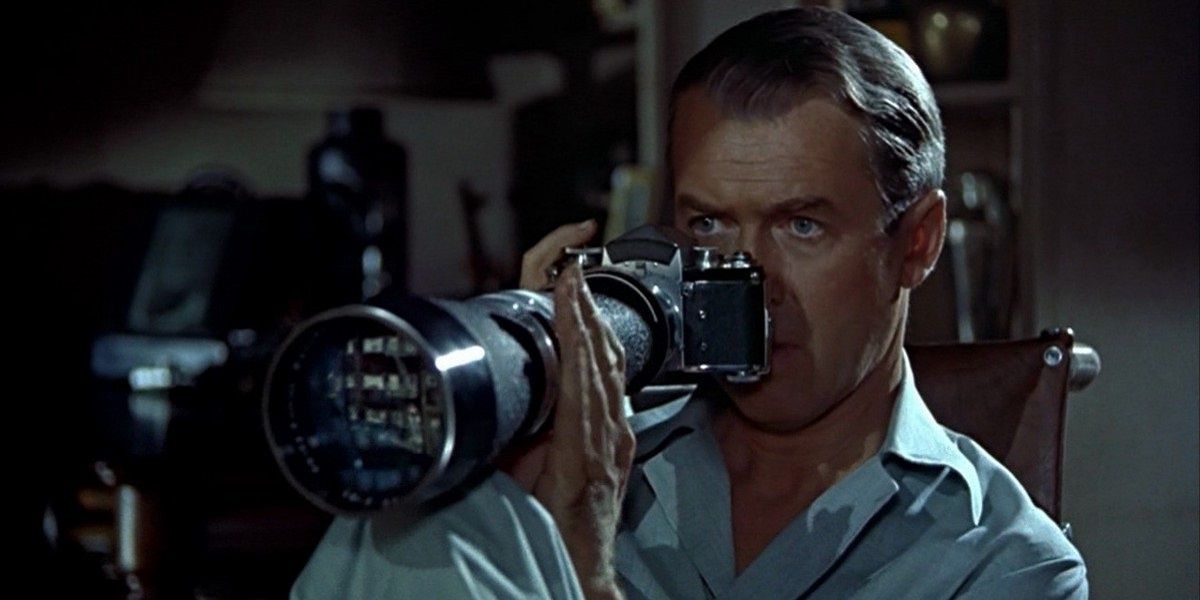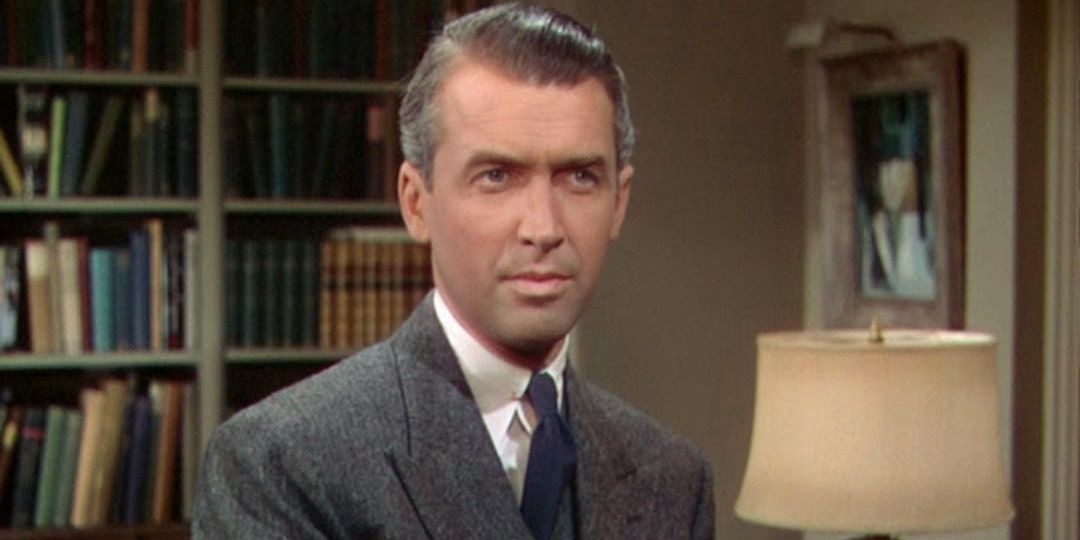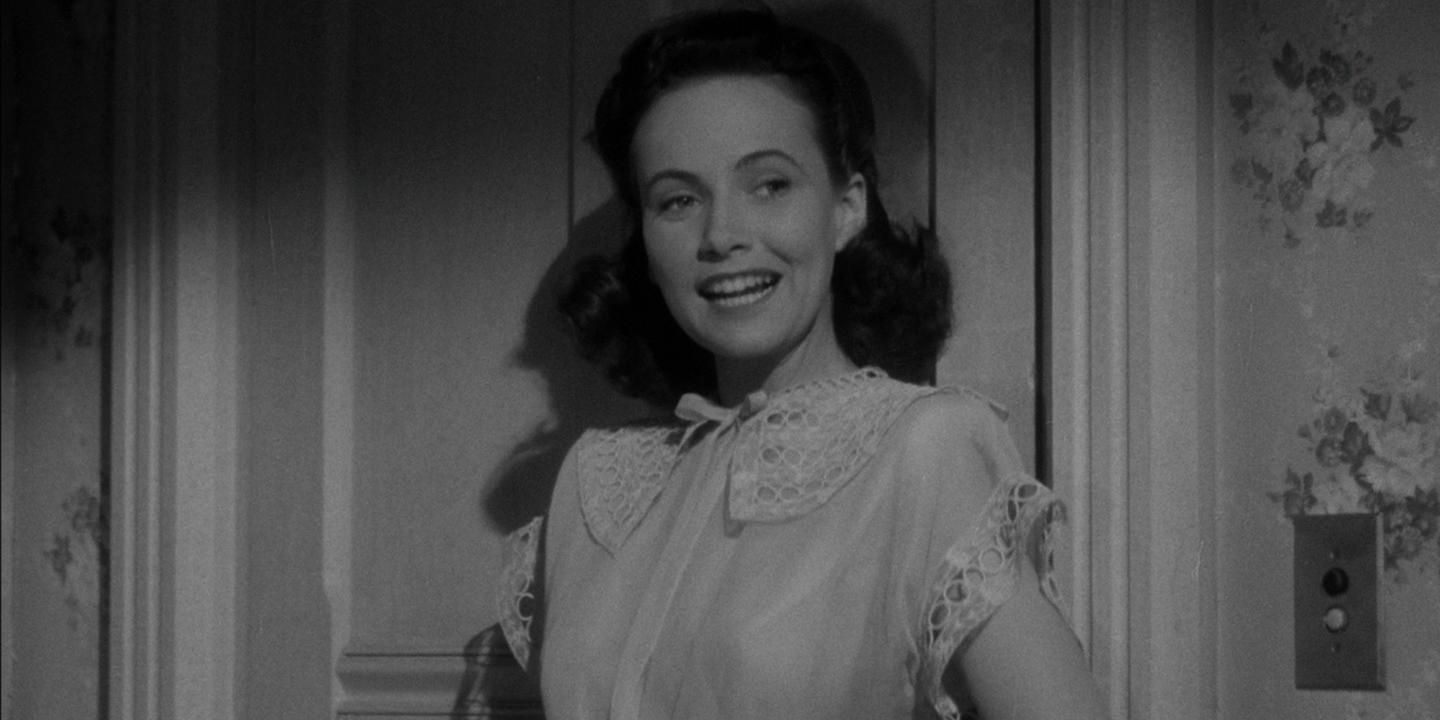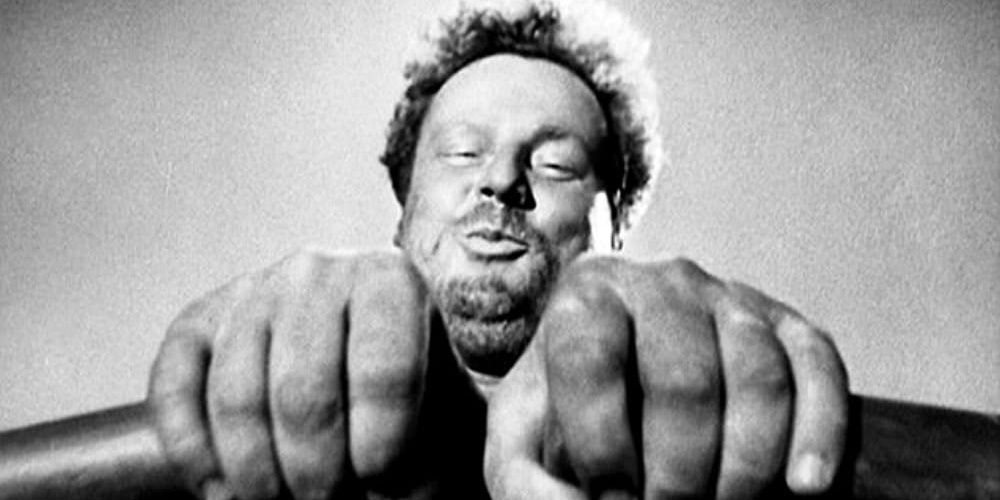Alfred Hitchcock is widely considered the greatest director of all time and that's not just because his movies were great pieces of art. Part of the reason he is adored is because of his work ethic. The filmmaker managed to make at least one movie every year during his peak. As a result, he had over 50 movies by the time of his death.
Packed inside Hitchock's numerous movies are hundreds of incredible characters, all written to near perfection. But which among them can be considered the smartest? With most of the director's projects being quick-flowing psychological thrillers, the characters were required to have their thinking caps on at all times. And some wore them better than others.
Private Investigator Arbogast - Pyscho (1960)
The P.I. is hired to retrieve $40,000 that an employee named Marion, who stole from her boss before going on the run. He stops by the Bates Motel to question the owner Norman Bates and quickly realizes that something isn't quite right.
Through Arbogast's line of questioning, his wisdom becomes clear. It only takes a few minutes for him to get Bates to contradict himself and paint himself as the most likely suspect for Marion's murder. He is also quick to realize that Norman is hiding something in the house, which turns out to be the body of his dead mother. And even though Norman proves himself as one of the best Hitchcock villains by attacking and killing the P.I. by surprise, Arbogasts's earlier findings make it easier for the clients that hired him to proceed after his death and eventually stop Norman.
Eve Kendal - North By Northwest (1959)
Kendall meets the fugitive Roger Thornhill when he boards the 20th Century Limited train to Chicago and seduces him. She is later revealed to be a spy.
Kendall is good at throwing people in the wrong direction. First, she makes Roger believe she has genuine feelings for him, then makes him believe she is working for the villain only for him to later be informed that she is an undercover spy. A quick thinker, she also knows how to get out of dangerous situations. This is best demonstrated in the dying stages of the movie when she successfully flees from the villain, Vandamm after he discovers her true intentions.
Margaret "Marnie" Edgar - Marnie (1964)
Despite not having a strong resume, Marnie charms the head of a tax consultancy company into hiring her. She then steals money from the company and goes on the run.
Marnie is not only cunning enough to use the tax consultancy head's lust to get a job but also careful enough to use a fake identity. And her crime isn't just a one-time-lucky thing. She also manages to trick the head of a publishing company into hiring her and steals from him too, proving that as a criminal, she has the right formula to illegally acquire funds.
Tony Wendice - Dial M for Murder (1954)
When Tony, a retired tennis player, finds out that his rich socialist wife Margot, is having an affair, he makes plans to murder her so that he can inherit her wealth. He then tasks a small-time criminal with the job.
The manner in which Tony plans the crime is exceptional. Instead of simply paying the thief to do the job, he blackmails him using very sensitive information. By doing this, he ensures that the thief won't talk in case he gets captured. Not one to be too cocky and confident, Tony is also aware that things might not go as expected. When his wife ends up killing the thief in self-defense, Tony is shown to have the perfect Plan B. He frames his wife, painting her as someone who had a vendetta against the thief.
Detective Ted Spencer – Sabotage (1936)
When he suspects that a cinema owner is conspiring to commit a major crime, Scotland Yard's Detective Ted Spencer goes undercover as the helper of a greengrocer next to the cinema. Soon, he discovers that the cinema owner is working with international terrorists.
Spencer's cover is a good one as it enables him to eavesdrop on most of the conversations that the cinema owner has. It's by doing this that he is able to determine there is a plot to bomb London. And when the owner's wife kills him in a fit of rage after discovering he is a terrorist, Spencer, uses his detective skills to guide her on how to get away with the murder. In the end, the bad guys lose and Spencer gets to elope with the terrorist's wife.
Bruno Antony - Strangers On A Train (1951)
Bruno becomes angry when his wealthy father threatens to cut him out of his will. Seeking to see his father dead, he proposes the perfect plan to a fellow train passenger who is also contemplating the demise of his wife: they should kill each other's targets.
Bruno understands that the idea of "swapping murders" is a better one because if he did it himself, he might give himself away when he is interrogated. His plan is near-perfect and even when challenges develop, he proves to be good at troubleshooting. Though the passenger doesn't fully buy into the plan, Bruno is still able to frame him by taking his cigarette lighter and pinning it on him once he kills his wife.
L. B. "Jeff" Jefferies - Rear Window (1954)
Jeff, a professional photographer, spends his days looking out the window after breaking his leg. One day, he witnesses something that makes him believe his neighbor killed his wife.
Jeff is keen enough to realize that the repeated trips by his neighbor carrying suitcases aren't normal. That he is proven to be right after everyone else was skeptical shows how great an analyzer of situations he is. And apart from being the only one to realize that a crime has occurred, he also does a better job of solving it than his pal Doyle, a New York City detective.
Rupert Cadell - Rope (1948)
The philosophy teacher fascinates two of his students, Philip and Brandon, with the concept of superior humans. Unknowingly, he influences them to commit the perfect murder then try and get away with it.
As a teacher, Rupert is depicted as someone who understands extremely complex concepts. And during Philip and Brandon's party, it doesn't take long for him to figure out that the two not only killed their friend but are also hiding the body inside the house. That he notices the little things such as Philip's nervousness and the manner in which certain household items are arranged is impressive.
Charlotte Newton - Shadow Of A Doubt (1943)
Charlotte is delighted when she learns that her uncle Charlie will soon come to visit. However, her affections for him are eroded when she realizes he might be a murderer.
Charlotte is portrayed as someone who is quick to figure out people's true motives. With her observational and analytical skills. she is able to tell that two national surveyors who show up at her house, are detectives looking for Charlie. Another of Charlotte's strengths is putting pieces together and as such, she is able to connect the initials on a ring that Charlie gifted her to the initials of one of the murdered victims. Thanks to her observations, Charlie gets spooked, becomes careless, and takes actions that ultimately lead to his death.
Kapitan Will - Lifeboat (1944)
In what is one of Alfred Hitchcock's most underrated movies, Will is pulled into a lifeboat when the U-boat he is captaining gets sunk by a ship belonging to the allied forces during World War II. He thus begins coming up with unique schemes to survive.
Though he is portrayed as selfish, Will makes a couple of good decisions to ensure his survival. He hides the food tablets and freshwater he is carrying. His deviousness also makes him eager to cover up his secrets. This is best seen when he murders a crew member who discovers he has food supplies. Knowing that he isn't in friendly company, he uses a secret compass to steer the boat to another German ship too.

